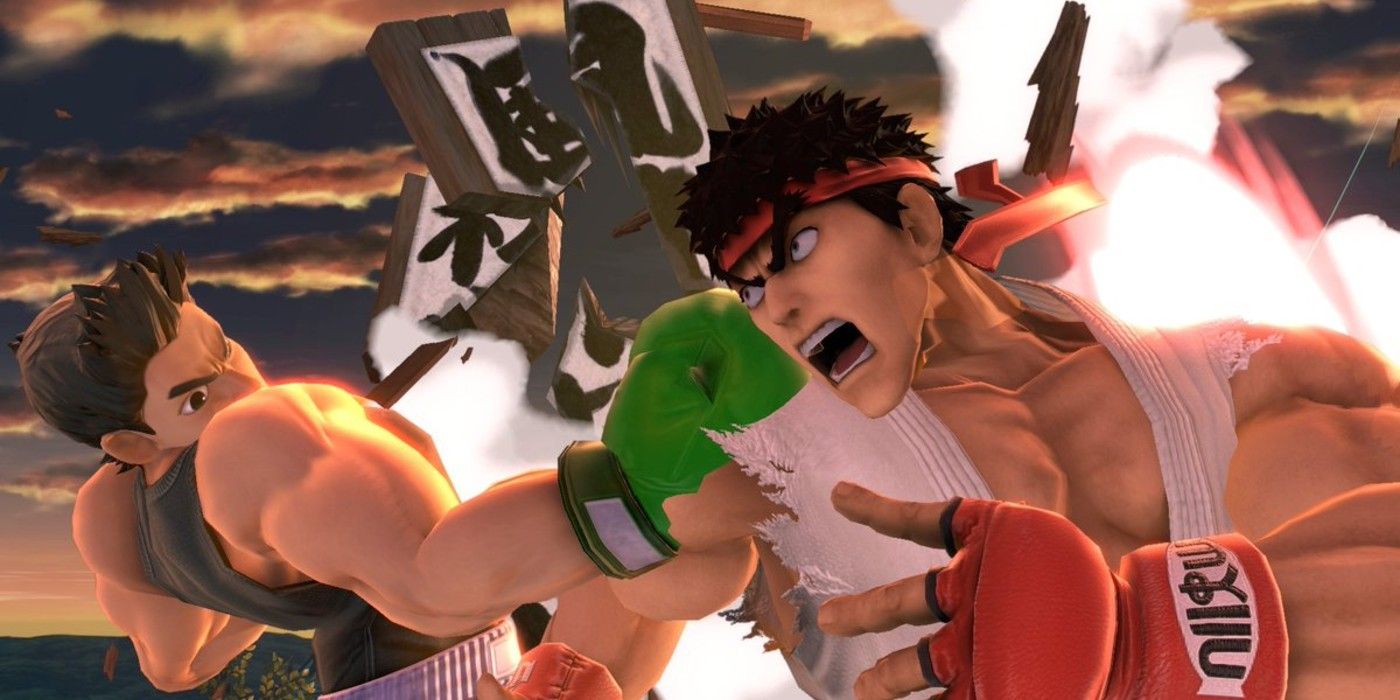Super Smash Bros. Ultimate has a lot of things going for it to this day (it would explain why it's the Switch’s third best-selling game), but everyone can agree that online multiplayer isn’t one of them. Its laggy performance is widely considered Ultimate's greatest weakness, one that has become glaring in a time when online tournaments are the only real option for competitive players. And what’s bound to infuriate a lot of fans is that the problem almost could’ve been avoided entirely.
Although users’ internet speeds and choice of connection can contribute heavily to latency issues, fans largely feel the root of the problem here lies with the netcode Super Smash Bros. Ultimate’s online infrastructure is built upon. For the uninitiated, the game utilizes delay-based netcode that waits for an input to be received from players on the other end of the connection before displaying the action on-screen. The result is gameplay that can feel laggy and even freeze on players with weaker connections, something that can be downright deadly for a fighting game where inputs come fast and frequently.
This is why more and more games are ditching delay-based netcode for “rollback netcode” which, put simply, skirts around lag by predicting players' inputs. While it comes with its own risks, many consider rollback netcode to be the superior choice for fighting games, and something that could have benefitted Super Smash Bros. Ultimate considerably.
It turns out that Nintendo had actually considered using it for the game. According to series director Masahiro Sakurai in a recent Famitsu column (translated by PushDustIn and Robert Sephazon on Twitter), the development team did look at implementing rollback netcode, but unfortunately gave up on the idea due to a lot of “adverse” and “substantial” side effects.
What these effects were, the translations don’t say, but it’s not hard to imagine that even rollback netcode might have trouble keeping up with a game that boasts more varied movement options and players-per-match than the average fighter. As it stands, Nintendo has been having a difficult time just trying to improve Ultimate’s 1v1 online gameplay, an optimization process Sakurai notes is still ongoing.
It’s not impossible for a Smash Bros. game to support rollback netcode, as evidenced by the online matchmaking fans brought to Super Smash Bros. Melee. But for now, Sakurai and the development team seem to be focusing on improving Ultimate’s existing delay-based netcode, with Sakurai saying he “will review and adapt accordingly” as internet speeds continue to improve and mitigate the game’s lag problem. In other words, players might not want to get their hopes up for any radical changes any time soon.
Super Smash Bros. Ultimate is available for Switch.

